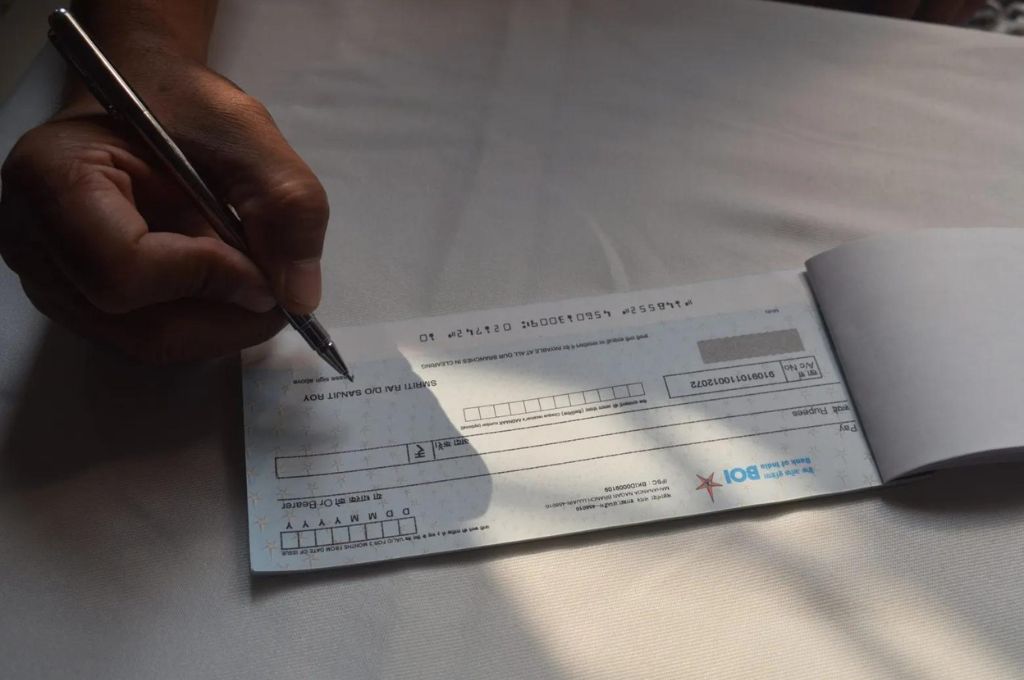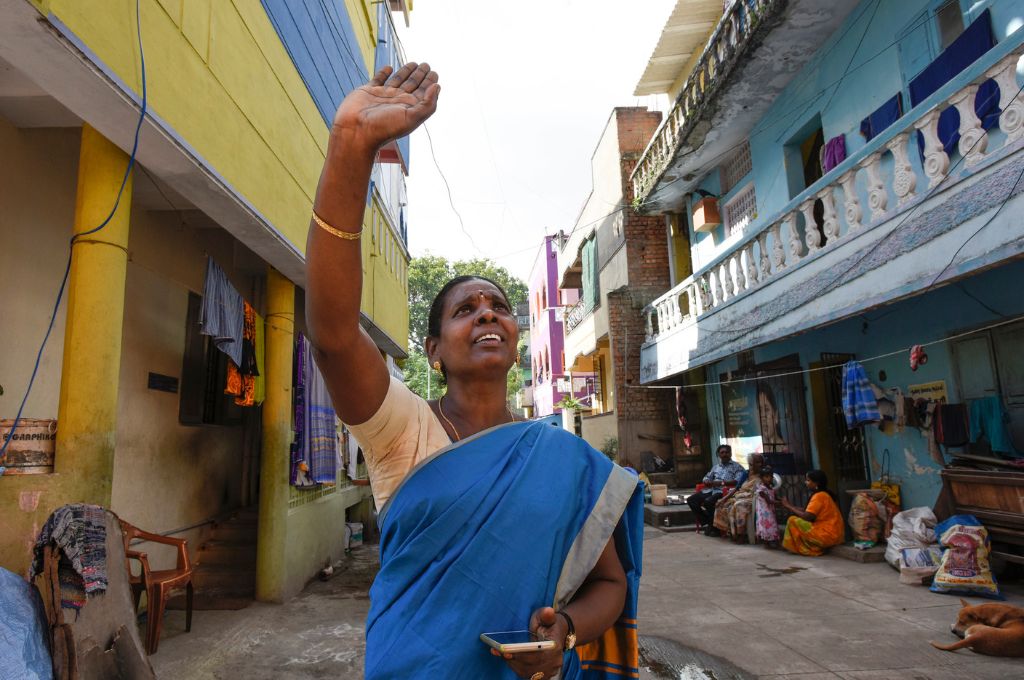The bill will have far reaching consequences for civil society organisations and the communities they serve across India. It will cause smaller nonprofits to downsize or shut down their programmes, result in job losses at the frontlines, and reverse years of hard won progress towards the Sustainable Development Goals, already under threat from the impact of COVID-19.
Reductions in international funding to nonprofits in India will also exacerbate the impact of reduced support from business—in the form of the two per cent mandatory philanthropy—reeling under the steep decline in profits due to the pandemic.
Related article: Amendments to the FCRA 2020: Latest updates
While the bill imposes several new restrictions, the two most significant to both international donors and Indian nonprofits alike relate to sub-grants and administrative expenses.
The PM CARES Fund also accepts contributions from international donors but is not subject to any scrutiny.
The Foreign Contribution (Regulation) Act (FCRA) permitted nonprofits registered under its provisions to sub-grant the foreign funds they received to other FCRA registered nonprofits. The amended sub-granting clause now prohibits this kind of on onward granting. The new bill also caps the amount of money FCRA registered nonprofits can allocate to administrative costs to 20 per cent, down from the 50 per cent previously permitted.
While the government claims that this is being done to introduce greater transparency with respect to foreign funding, it is in direct contrast to the government’s decision to permit contributions to political parties by international entities incorporated in India via the entirely opaque Electoral Bonds. The PM CARES Fund, a charitable trust set up the Prime Minister in response to the pandemic, also accepts contributions from international donors but is not subject to any scrutiny. Together, they account for more than Rs 15,000 crore ($2.03 billion), only marginally less than the Rs 16,343 crore ($2.21 billion) raised by FCRA registered nonprofits last year.
The impact on non-profits will be immediate and substantial
Most Indian donors have thus far been reluctant to fund investments in institutional costs or ‘non-programme’ expenses. Support for work on human rights, climate change, environmental justice and the like has also been scarce locally. Most NGOs, especially those at the grassroots, without the wherewithal to access international donors directly, have depended on intermediary organisations to bridge the gap.
Indian nonprofits, on the other hand, will be starved of resources to invest in technology, capacity building, and research.
Under the amended law, international donors will face vastly increased transaction costs even if they are able to find alternate means to identify such groups. Indian nonprofits, on the other hand, will be starved of resources to invest in technology, capacity building, and research. Think tanks, organisations focused on research and advocacy and those providing capacity building services are unlikely to meet the 20 per cent administrative cost ceiling given the nature of their work.
These organisations, together with local offices of INGOs and international donor organisations, will have to entirely revisit their operating models.
Related article: An air of mistrust around nonprofits
Is there a solution?
International donors will have to re-configure their India strategies to find alternate ways to identify potential NGO partners and provide them with direct support.
Indian NGOs may explore setting up overseas entities – a 501 (c)(3) organisation in the US, or a charity under CC 21a in the UK – that could take on the transaction costs of funding smaller organisations. For advocacy groups, think tanks and other organisations unable to comply with the cap on administrative costs, survival may only be feasible as for-profit entities. Such workarounds too may be short-lived however, since the government has previously indicated that the FCRA could apply to private entities as well.
Either way, the prognosis for civil society and democracy in India, already under threat from the systematic targeting of human rights defenders and ruthless suppression of dissent, looks bleaker.
This article was originally published on Alliance magazine.





